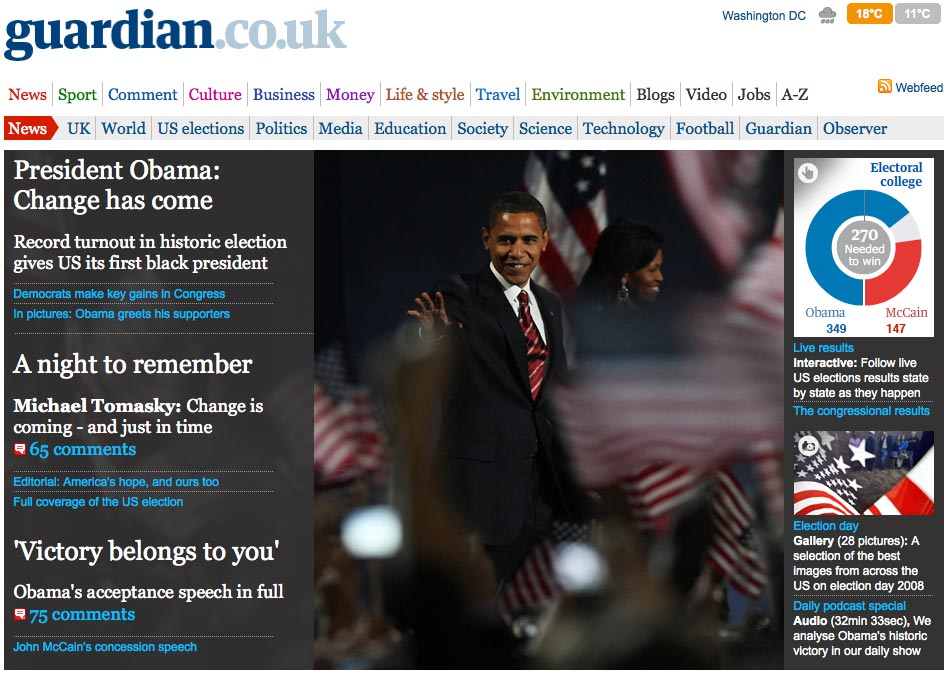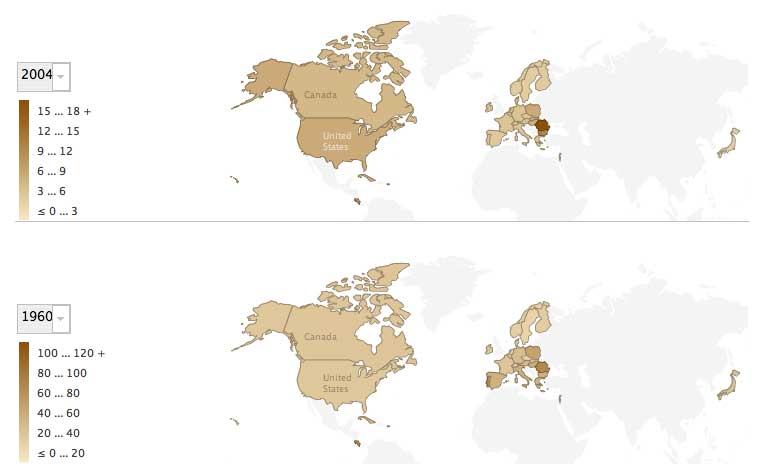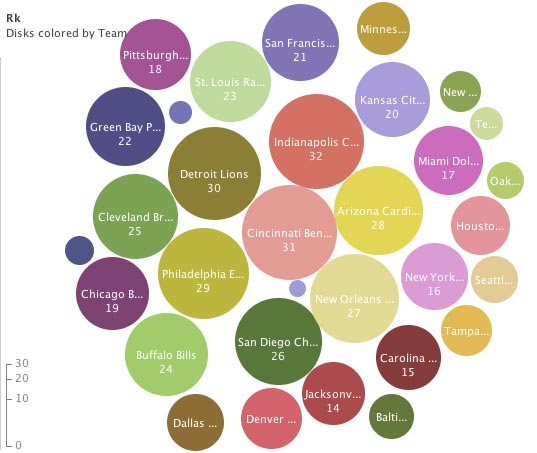Yesterday was just plain pancake day in the UK, but over the water it was Super Tuesday, as 24 of America’s 50 states voted on which candidates should be put forward for the country’s presidential election in November.
The coverage of the day’s events online saw some innovative multimedia and collaborative efforts from new and existing media outlets:
Mapping
Results + different time zones + different states = a great opportunity for breaking news displayed on mashed-up maps.
Google got in on the action with a map displaying live results and, with the help of Twitter and Twittervision, ‘tweets’ from across the US to give instant reactions from voters.
In another partnership with YouTube, as part of the site’s You Choose ’08 channel, Google is aggregating videos and clips from news organisations, candidates and users about Super Tuesday and plotting them on a Google map.
Elsewhere the BBC’s results map, which features as part of a broader election section, gives an easily navigable, state-by-state guide to the figures.
New collaboration
Publish2 launched a bookmarking system for newsrooms, bloggers and journalists, to create an aggregation service. Interested parties were asked to register for a free account and create a specific tag they would use – these tagged items can then be turned into a news feed by Publish2 to be repurposed on the tagger’s site.
Here’s an overview of the Networked Newsrooms idea or, to see it in action, visit the Knoxville News Sentinel or the New Jersey News Herald.
Video
Newsweek and The Washington Post teamed up for a five hour live webcast, encouraging viewers to react in a live webchat. Meanwhile The Huffington Post produced handheld footage from a Barack Obama rally in New York in the build-up to Tuesday and a live blog of the actual event.
MTV sent 23 of its ‘street team’ of citizen journalists to cover the polls and upload footage from video cameras and mobile phones. The clips are being distributed through MTV Mobile, Think.MTV.com and the Associated Press‘ online video network.
And finally – a slideshow…
…well, it’s much more than that really – De Volkskrant created an all-singing, all-dancing ‘slideshow’ with music, text, links, audio analysis and video giving an overview of the candidates, as well as a live results page for Tuesday’s results.



